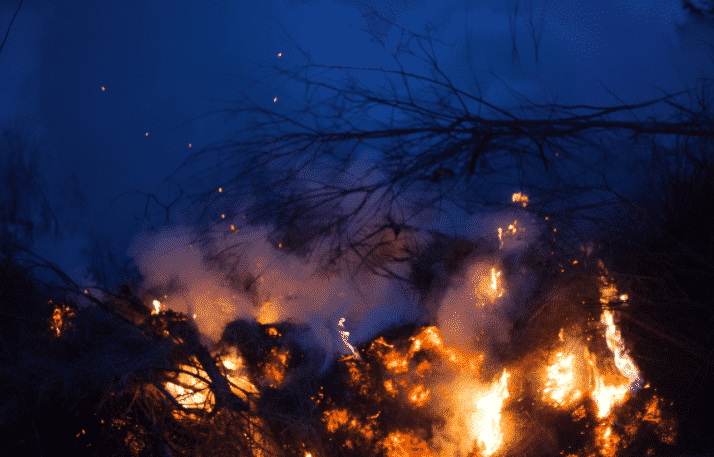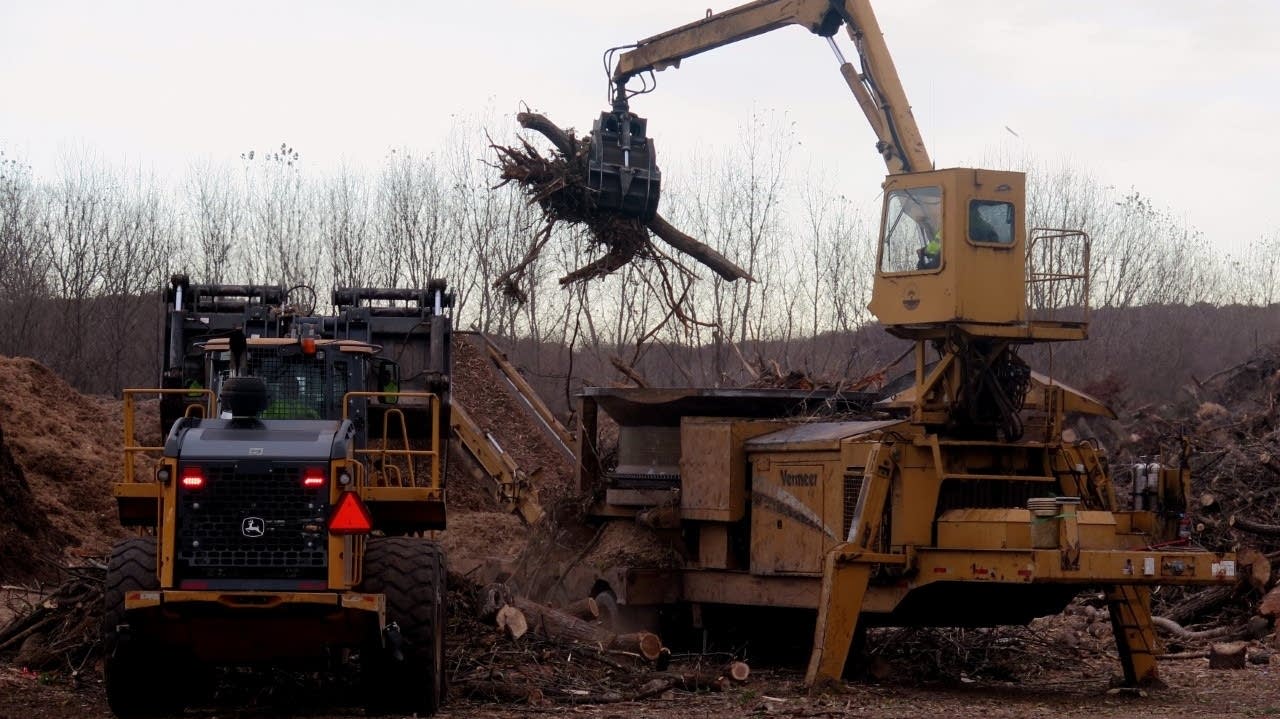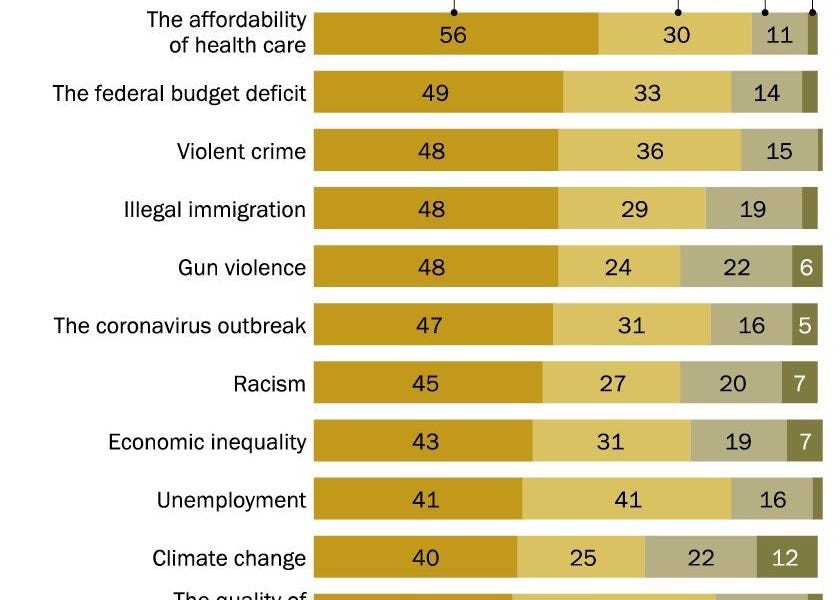When it’s below freezing, I like to get rid of firewood I’ve gathered through the year. I could take this stuff to the yard waste disposal as I’ve done with old wood full of carpenter ants, but my belief up to now was that if I can burn it hot enough, it’s greener to offset my natural gas usage with a nice hot fire on those days my 95% efficient modulating condensing natural gas boiler would be burning more material gas to keep the house at 68-69 F, while the fireplace insert will heat up areas of the house to 74 F, even though it’s an old 1981-1982 Vermont Stove Company slammer install with a 13x13 clay lined flue (that I have brushes to clean to assure creosote buildip never gets too bad despite my bad flue setup.
Anyway, my question is not about my setup, but more about whether I should be letting this wood rot instead of burning it.
I figure any fossil fuels we can leave in the earth is good. That’s CO2 that wouldn’t be created if the fuel was left in the earth. Rotting wood on the other hand creates methane, even if it has only 1/6th the environmental impact. … per this article…

 thehikingauthority.com
thehikingauthority.com
Anyway, my question is not about my setup, but more about whether I should be letting this wood rot instead of burning it.
I figure any fossil fuels we can leave in the earth is good. That’s CO2 that wouldn’t be created if the fuel was left in the earth. Rotting wood on the other hand creates methane, even if it has only 1/6th the environmental impact. … per this article…

Is It Better To Burn Wood or Let It Rot? - The Hiking Authority
I live in a rural area where I have to clear and deal with brush every year. The bigger stuff gets cut, split and stacked for my wood burner, but what should I do with the smaller debris? Is it better burn the brush or stack it up and let it decompose? Decomposition produces methane… Read More...


![[Hearth.com] What’s greener? Fireplace insert vs 95% NG [Hearth.com] What’s greener? Fireplace insert vs 95% NG](https://www.hearth.com/talk/data/attachments/289/289993-cdad5cbc1ff8fbbcbd3d9a1c1cea22f5.jpg?hash=75esQplox5)







